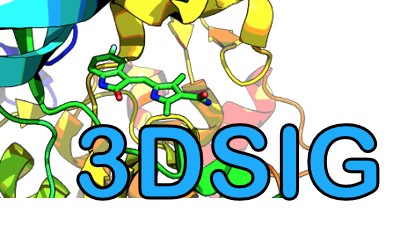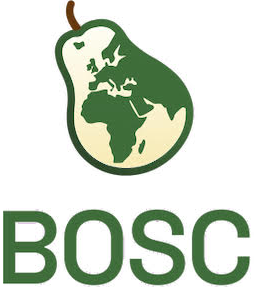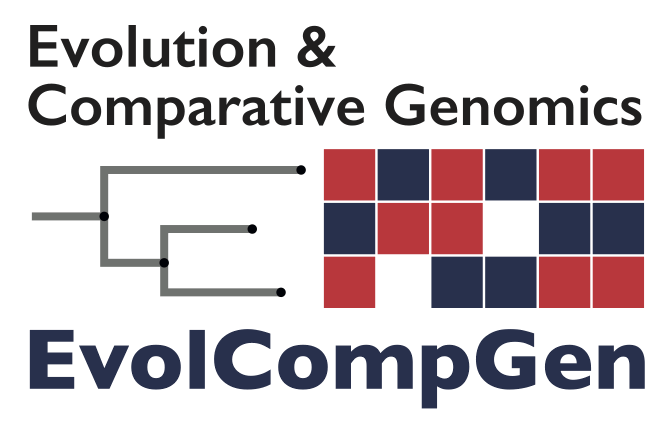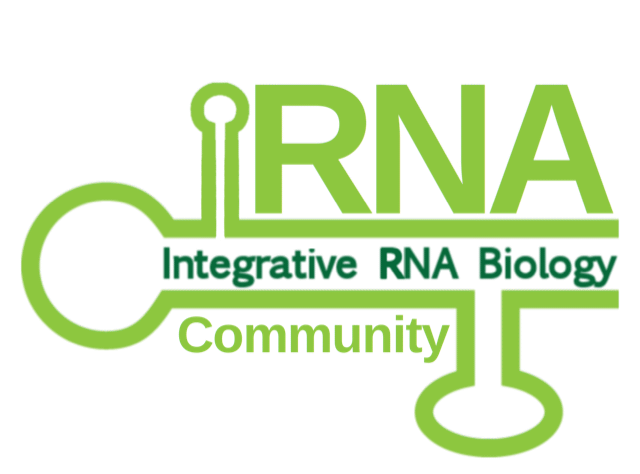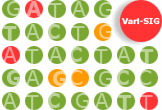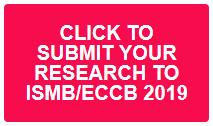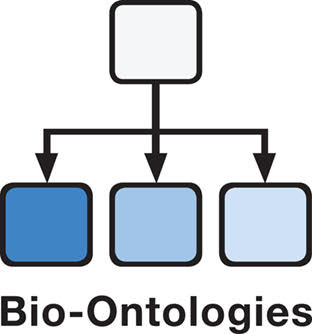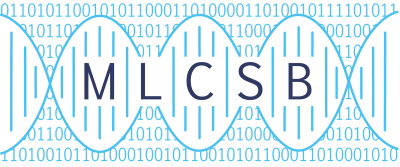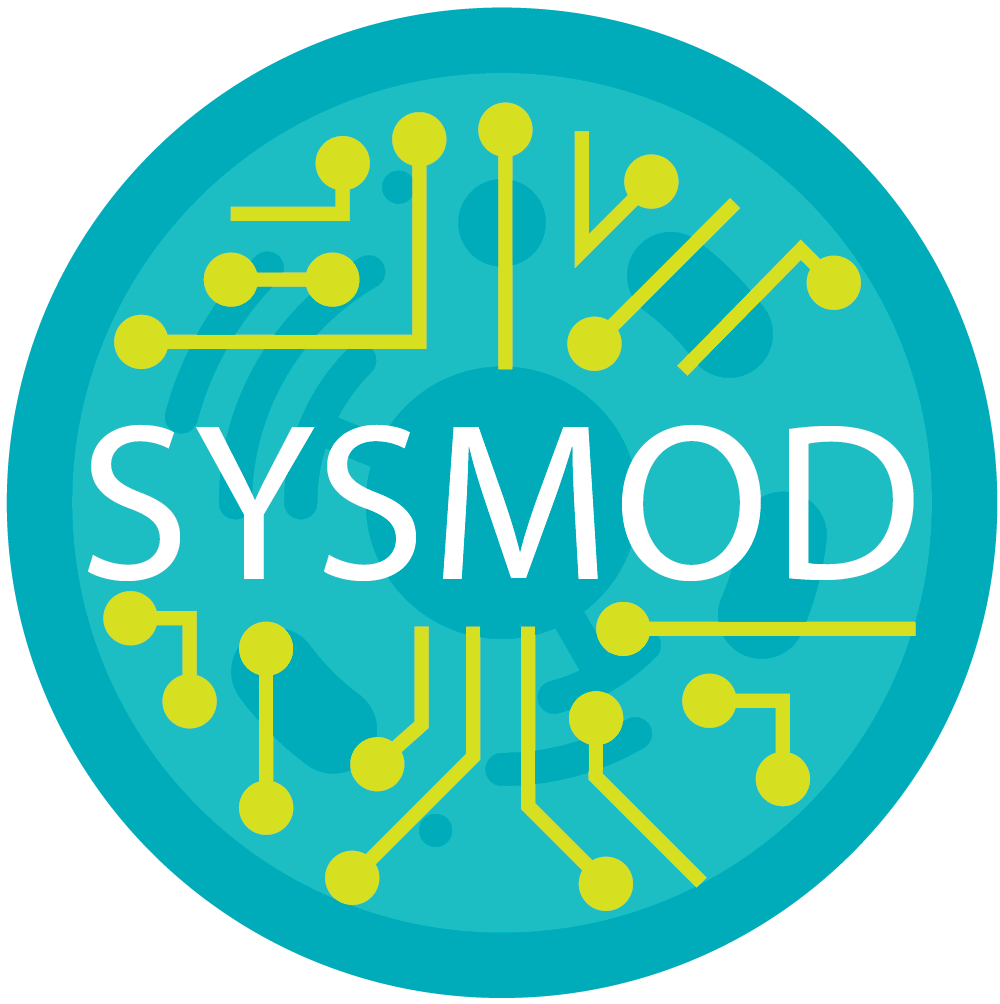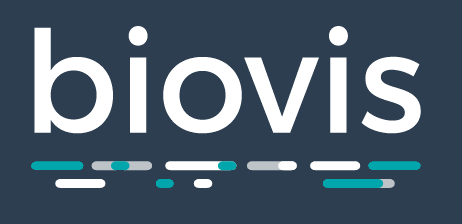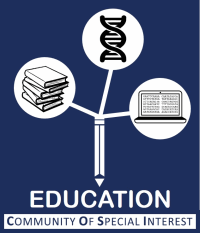 |
|||
|
ISCB Communities of Special Interest (COSIs) The ISMB/ECCB 2019 conference has been designed to make it easy for researchers sharing common interests to come together and listen to exciting new developments in their field. At the heart of the meeting are the ISCB COSIs – Communities of Special Interest -– which reflect most of the major research themes and training in bioinformatics and computational biology. ISMB/ECCB 2019 welcomes abstract submissions to all of these communities as well as Text Mining for Biology and Healthcare and general bioinformatics. The 2019 featured ISMB/ECCB COSIs are listed below. To learn more about each community, click on the COSI logo. Consider submitting your research today to be a part of this |
|||
3DSIG: Structural Bioinformatics and Computational Biophysics
BOSC: Bioinformatics Open Source Conference |
Bio-Ontologies
|
||
ISCB thanks the
|
BioVis: Biological Data Visualization
The BioVis track showcases new and ongoing research in computational biology and computer science that highlight or address problems in biological data visualisation.
Submissions for talks closes 11th April
CompMS: Computational Mass Spectrometry

COSI CompMS promotes the efficient, high-quality analysis of mass spectrometry data through dissemination and training in existing approaches and coordination of new, innovative approaches.
Education: Computational Biology Education
Education-COSI focuses on bioinformatics and computational biology education and training across the life sciences with a goal to foster a mutually supportive, collaborative community in which bioscientists can share bioinformatics education and training resources and experiences, and facilitate the development of education programs, courses, curricula, etc., and teaching tools and methods.
HitSeq: High-throughput Sequencing
HiTSeq is a community of special interest devoted to the latest advances in computational techniques for the analysis of high-throughput sequencing (HTS) data. Sessions will be devoted to discussing the latest advances in computational techniques for the analysis of high-throughput sequencing (HTS) datasets and will provide a forum for in-depth presentations of the methods and discussions among the academic and industry scientists working in this field.
iRegSys: Regulatory and Systems Genomics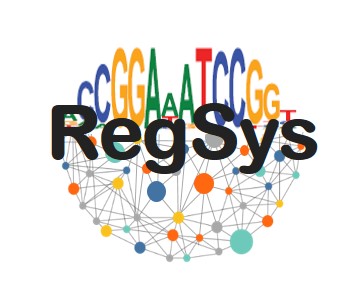
Regulatory genomics involves the study of the genomic control system, which determines how, when and where to activate the blueprint encoded in the genome. Regulatory genomics is the topic of much research activity worldwide. Since computational methods are important in the study of gene regulation, the RegSys COSI meeting focuses on bioinformatics for regulatory genomics.
TransMed: Translational Medical Informatics
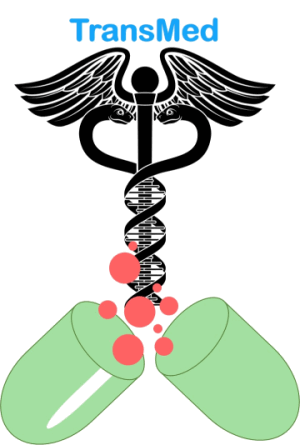
TransMed covers the current developments in the field of clinical and translational medicine informatics. Analysis of large amounts of multi-omics, imaging (medical and molecular), mobile sensor, clinical and health records data is paving the way for precision medicine. In the TransMed track, we will explore the current status of computational biology and advance machine learning approaches within the field of clinical and translational medicine.


